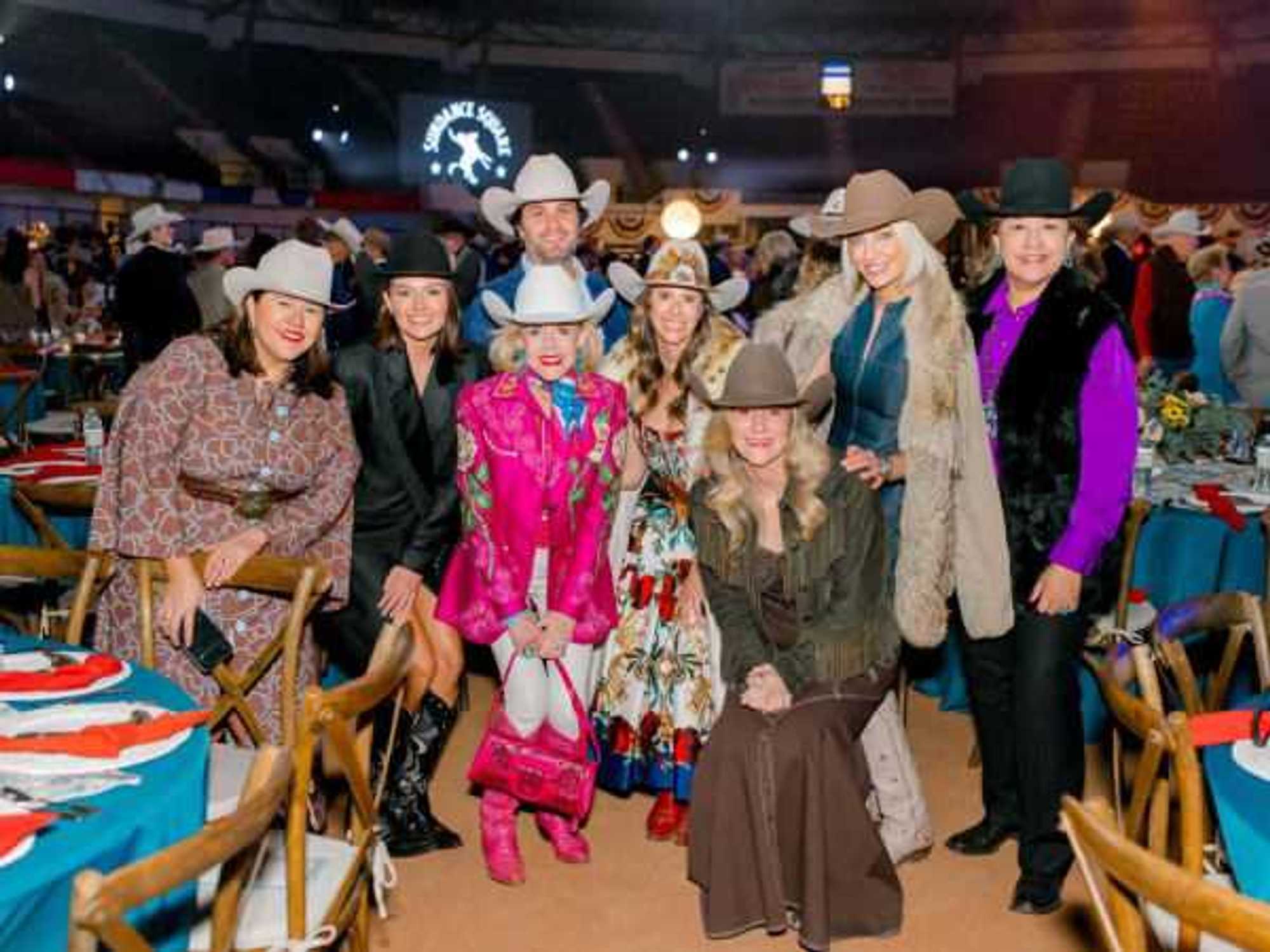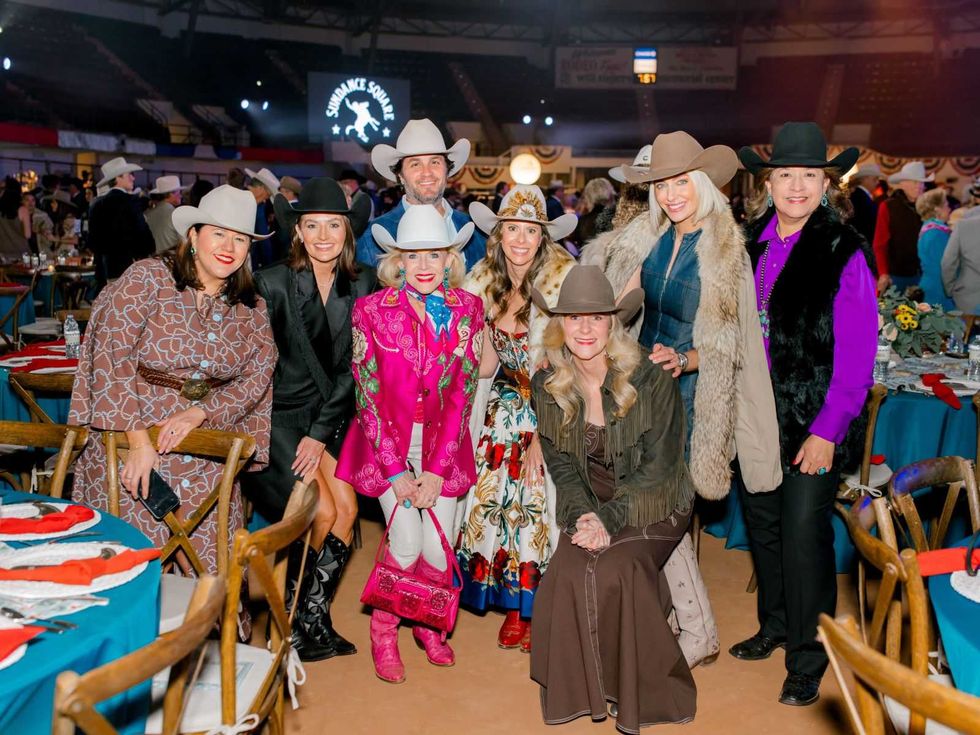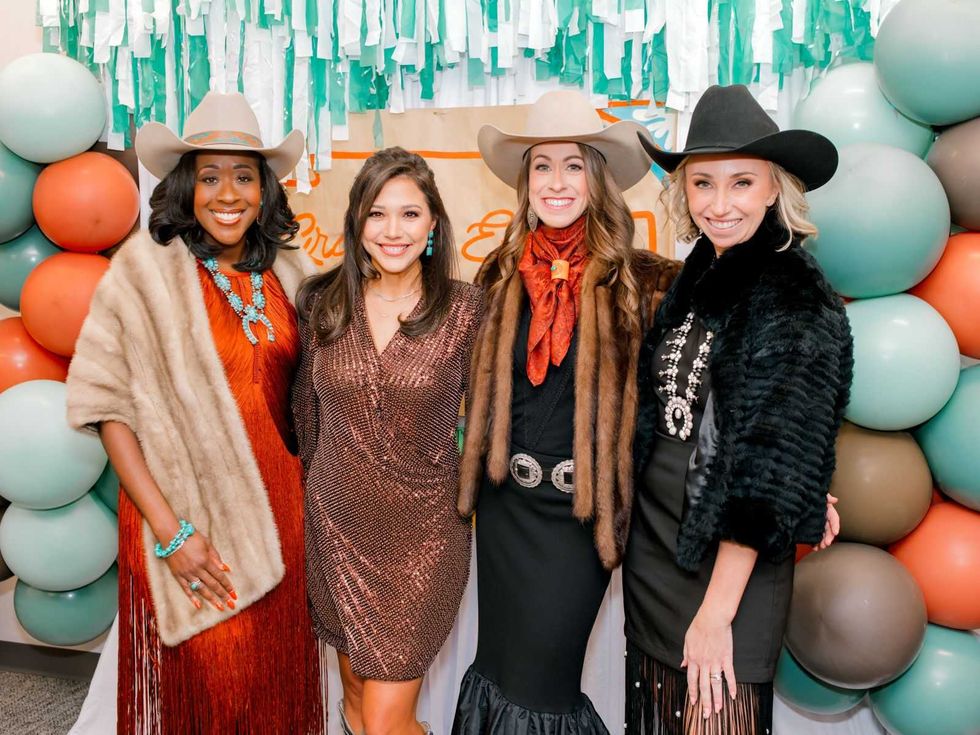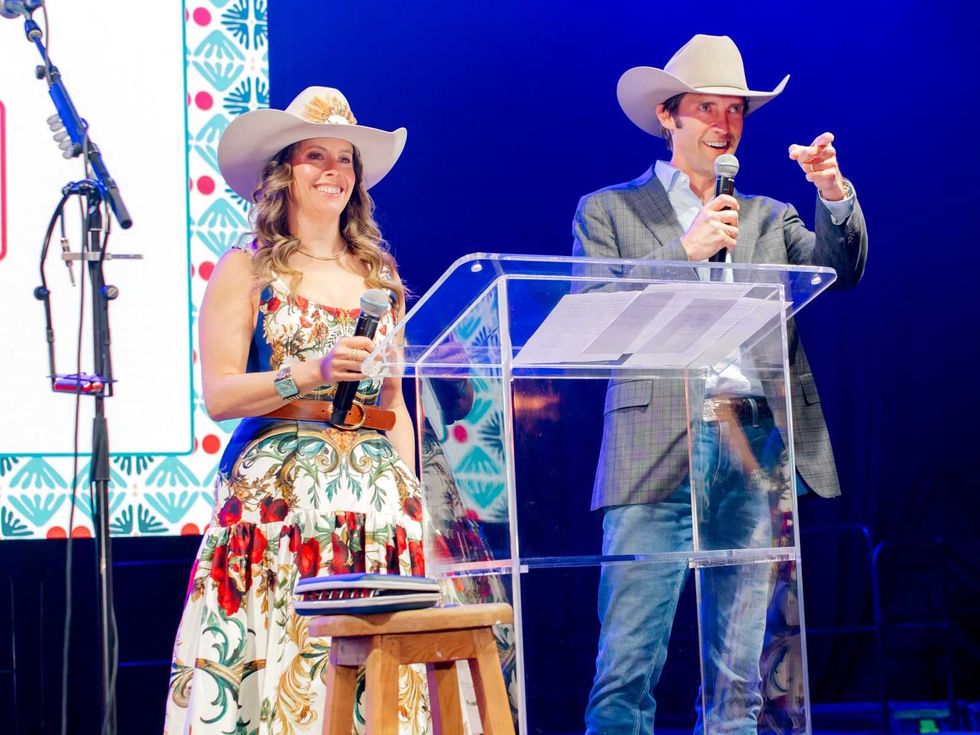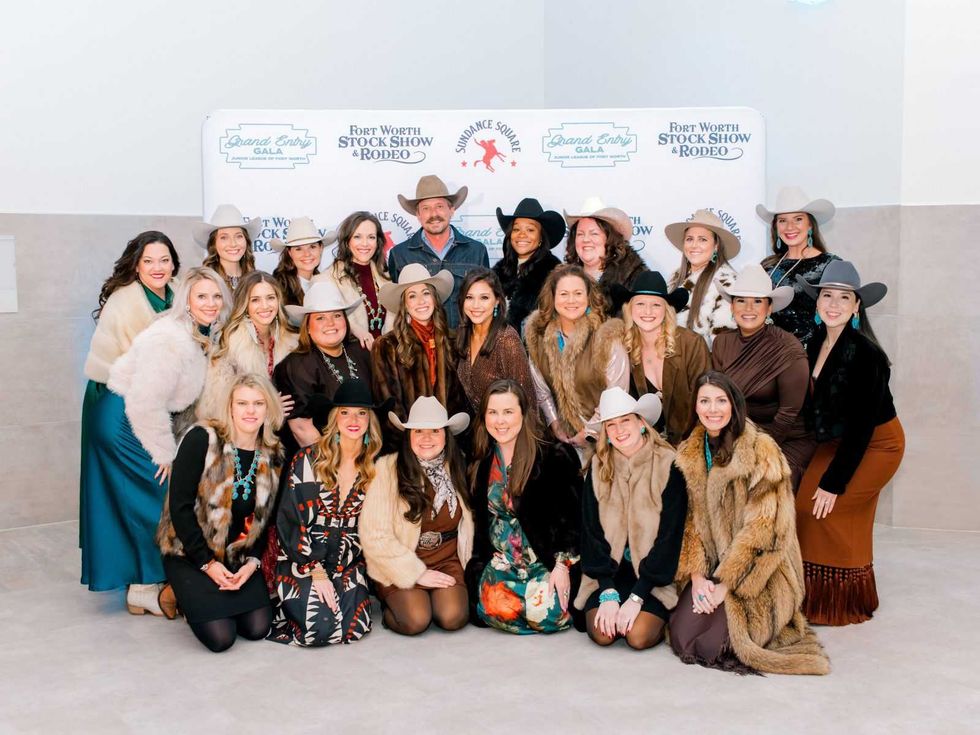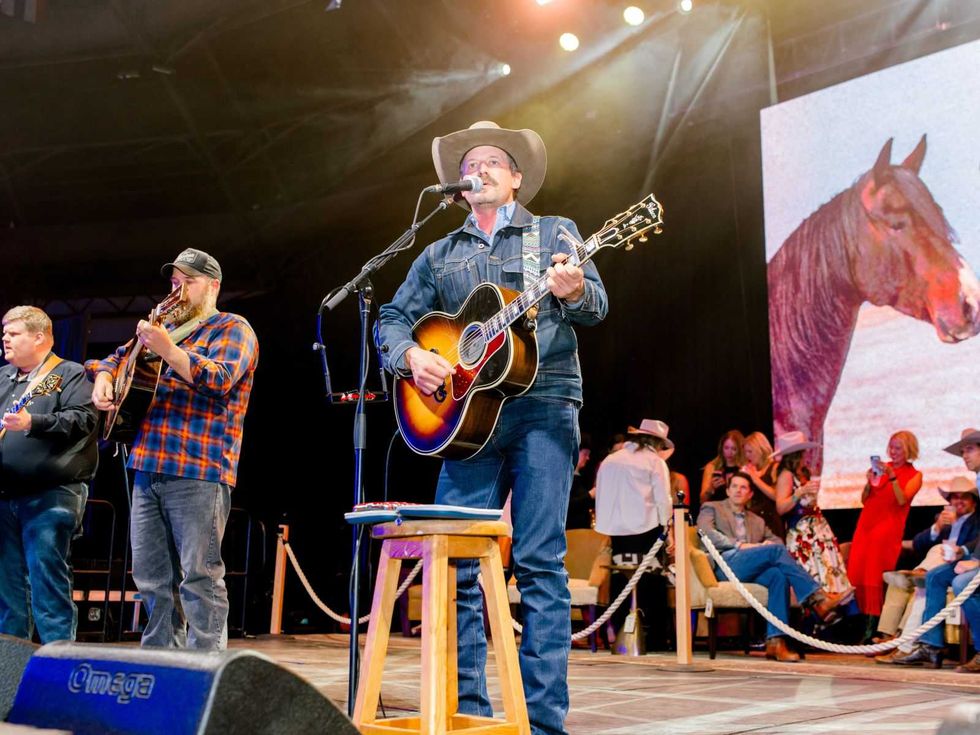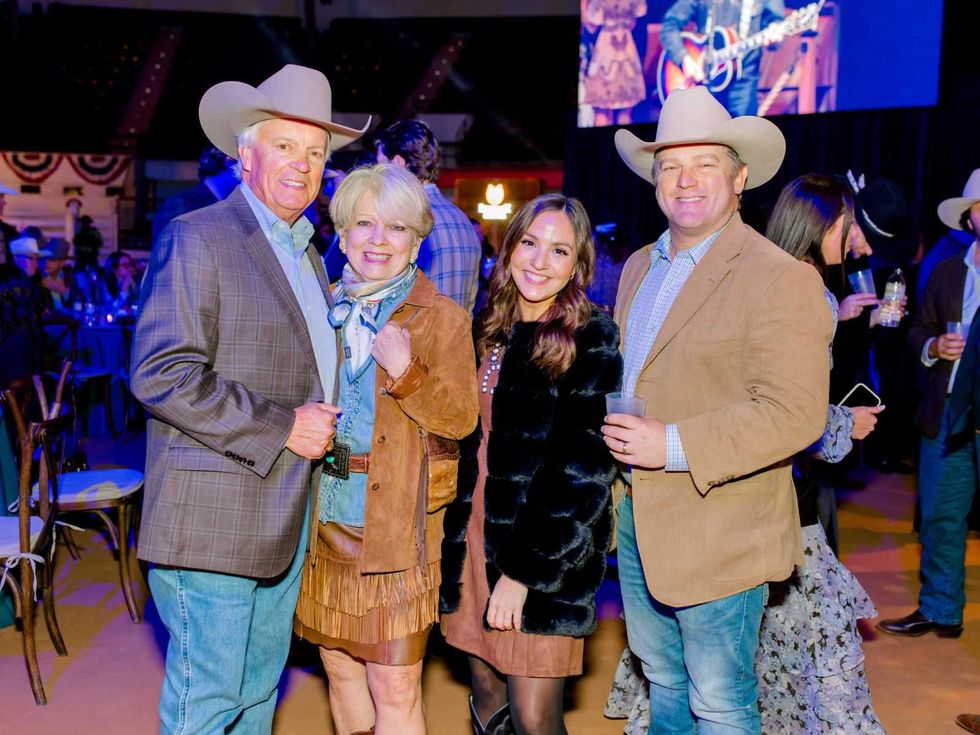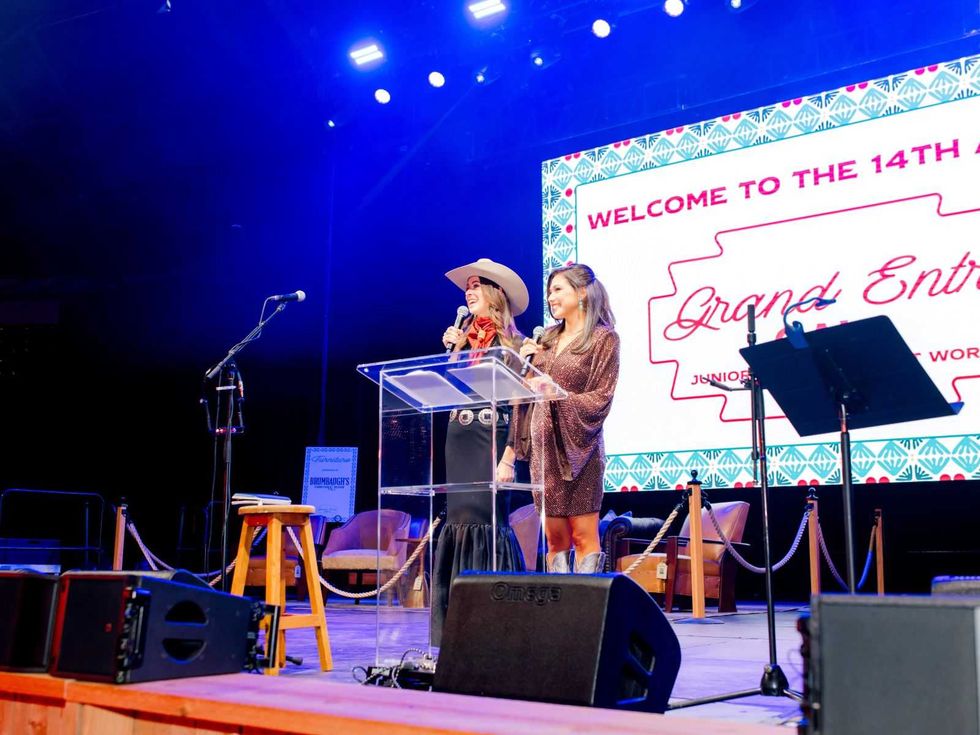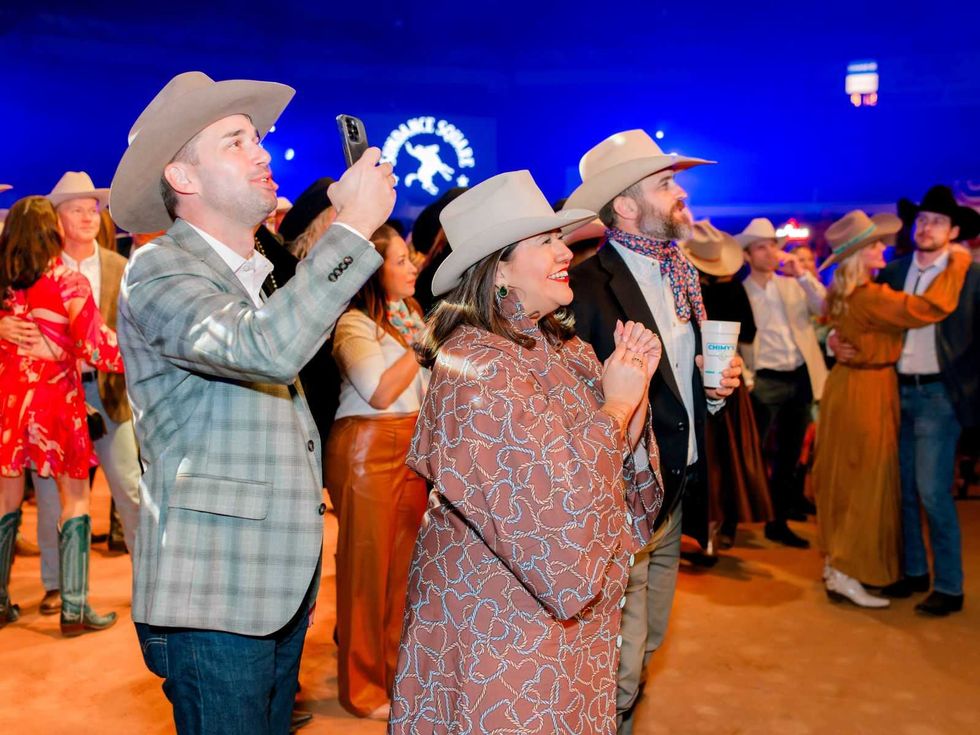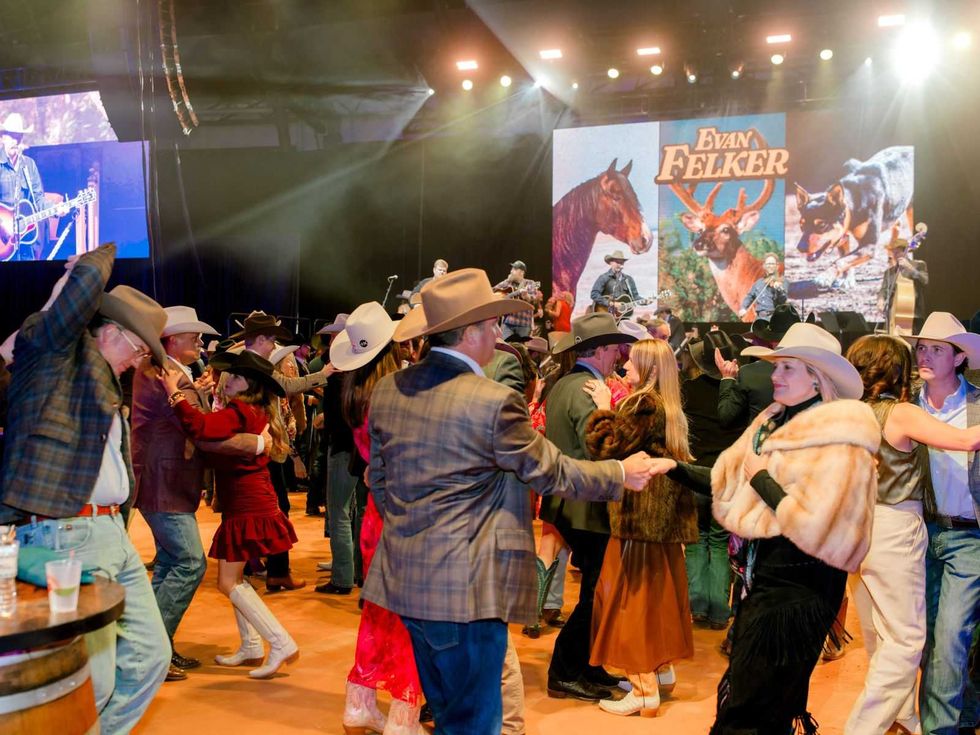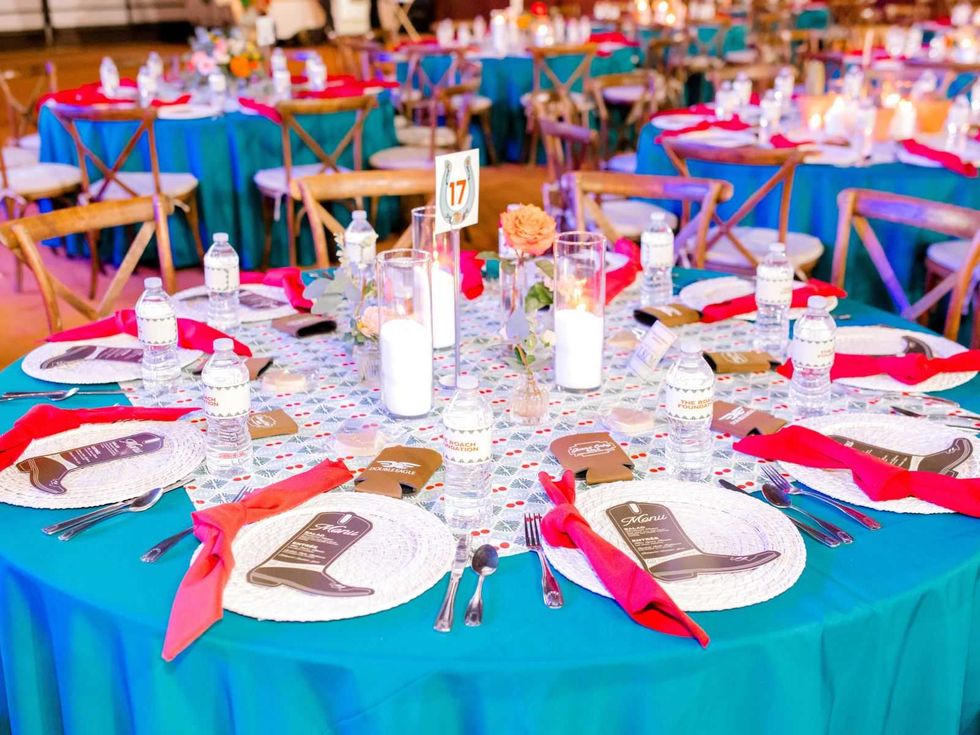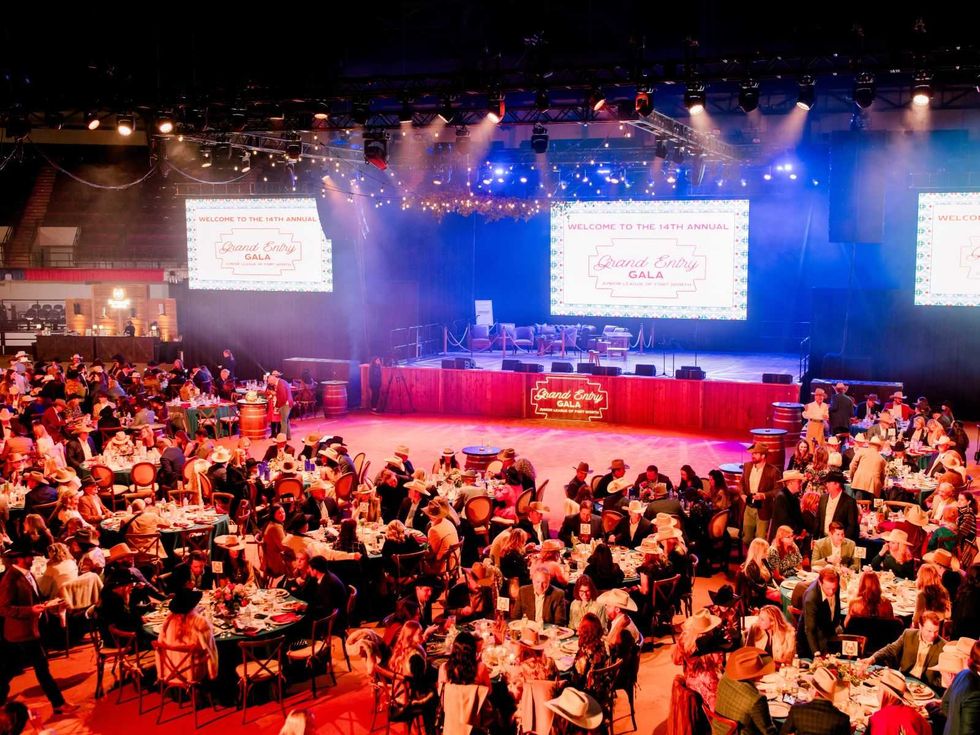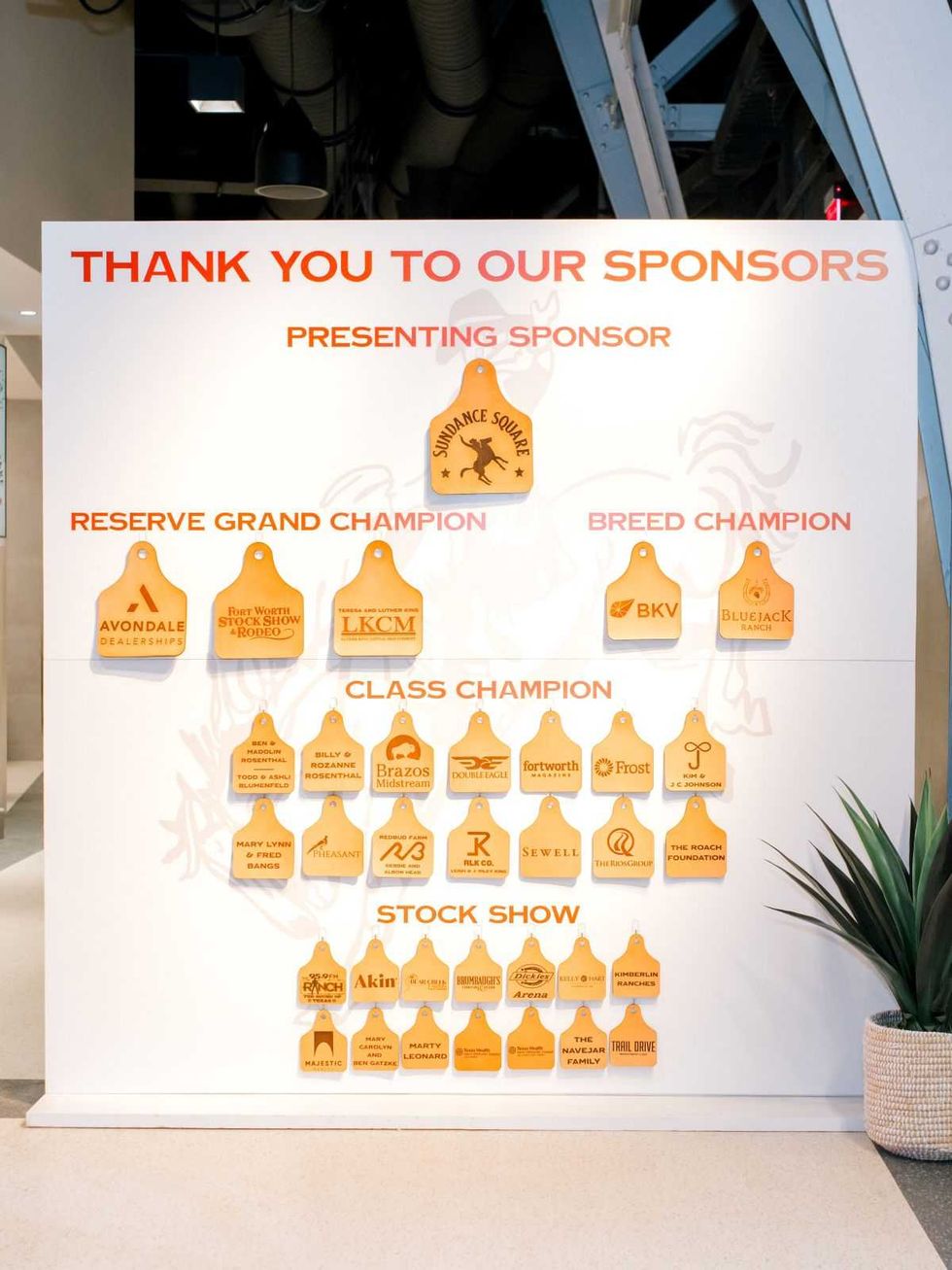Urban Renewal
Former KKK building in Fort Worth to be transformed into healing space

A Fort Worth building that was previously a monument to hate and violence will be reborn: Located at 1012 N. Main St., it's the former Ku Klux Klan Klavern No. 101 Auditorium, and it's been purchased by Transform 1012 N. Main Street (T1012), a non-profit coalition of local arts, grassroots, service organizations, plus pro bono partners.
According to a release, it'll be transformed into The Fred Rouse Center for Arts and Community Healing, a space of truth, reconciliation, and liberation for the nation.
Fred Rouse was a Black butcher who was lynched by a white mob in Fort Worth in 1921. With this reparative justice project, T1012 seeks to return resources to the communities that were targeted for marginalization and violence by the KKK.
The plan is to transform the building into a vibrant cultural hub with state-of-the-art performance space, arts training and programming, services for underserved and LGBTQ+ youth, exhibit spaces dedicated to social justice and civil rights, a makerspace and tool library for local DIY classes, meeting spaces for racial equity and leadership workshops and community events, an outdoor urban agriculture and artisan marketplace, and affordable live/work spaces for artists- and entrepreneurs-in-residence.
The acquisition has been in the works since 2019 and was made possible by a grant from the Rainwater Charitable Foundation and the mobilization efforts of the T1012 Founding Board, a pluri-cultural, shared leadership collective of eight local organizations:
- DNAWORKS
- LGBTQ SAVES
- Opal LeeFoundation
- SOL Ballet Folklórico
- Tarrant County Coalition for Peace and Justice
- The Welman Project
- Window to Your World
- 1012 Youth Council
Other project funders include Atmos Energy, the Ford Foundation, MASS Design Group, The National Endowment for the Arts, and Tecovas Foundation.
Founding members of the board include Daniel Banks (DNAWORKS), Vanessa Barker (TheWelman Project), Freddy Cantú (SOL Ballet Folklórico), Ayesha Ganguly (Window to Your World), Sharon Herrera (LGBTQ SAVES), Jacora Johnson (1012 Youth Council), Dr. Opal Lee (Dr. Opal Lee's Foundation), Adam McKinney (Tarrant County Coalition for Peace and Justice), RománRamírez (SOL Ballet Folklórico), and Taylor Willis (The Welman Project).
In a statement, Daniel Banks, Ph.D., who is Board Chair and co-founder/co-artistic director of DNAWORKS, says he envisions "a crossroads where all of Fort Worth can gather; where every cultural group feels a sense of belonging, of being seen, represented, and listened to; where we celebrate the richness of our individual cultures freely and openly; and where repairing past harm and damage leads to greater respect and appreciation, creativity, and love — of self and one another."
Community and Juneteenth activist Dr. Opal Lee, who is a founding board member recalls that, "as a child, my family lost our home to 500+ people, and I don’t know if they were Klansmen or what they were, but they didn’t want us in the neighborhood,” said . “I want people to know that they can work together, live together, play together — and this building personifies that to me."
Additional partners include J.L. Powers & Associates, MASSDesign Group, The Projects Group, Saira Jasmine Concepts, SpawGlass, and United Way of Tarrant County.
When the Ku Klux Klan Auditorium opened in 1924, Fort Worth had one of the largest KKK memberships in the United States and the building was the KKK's headquarters in Texas. As the release puts it so well, the brick behemoth was designed and located to intimidate Northside Black, Hispanic, and immigrant residents returning home from the city center.
